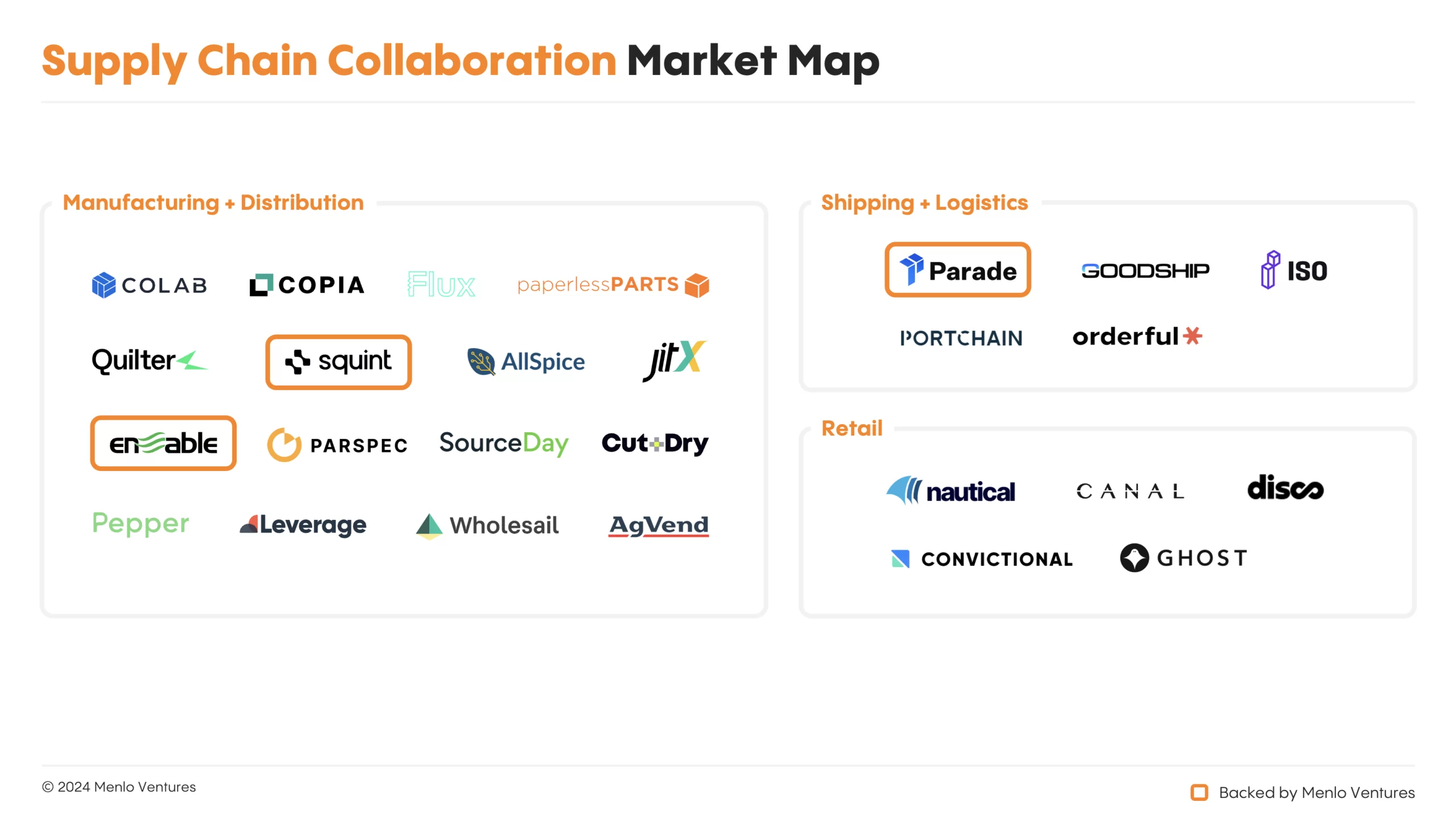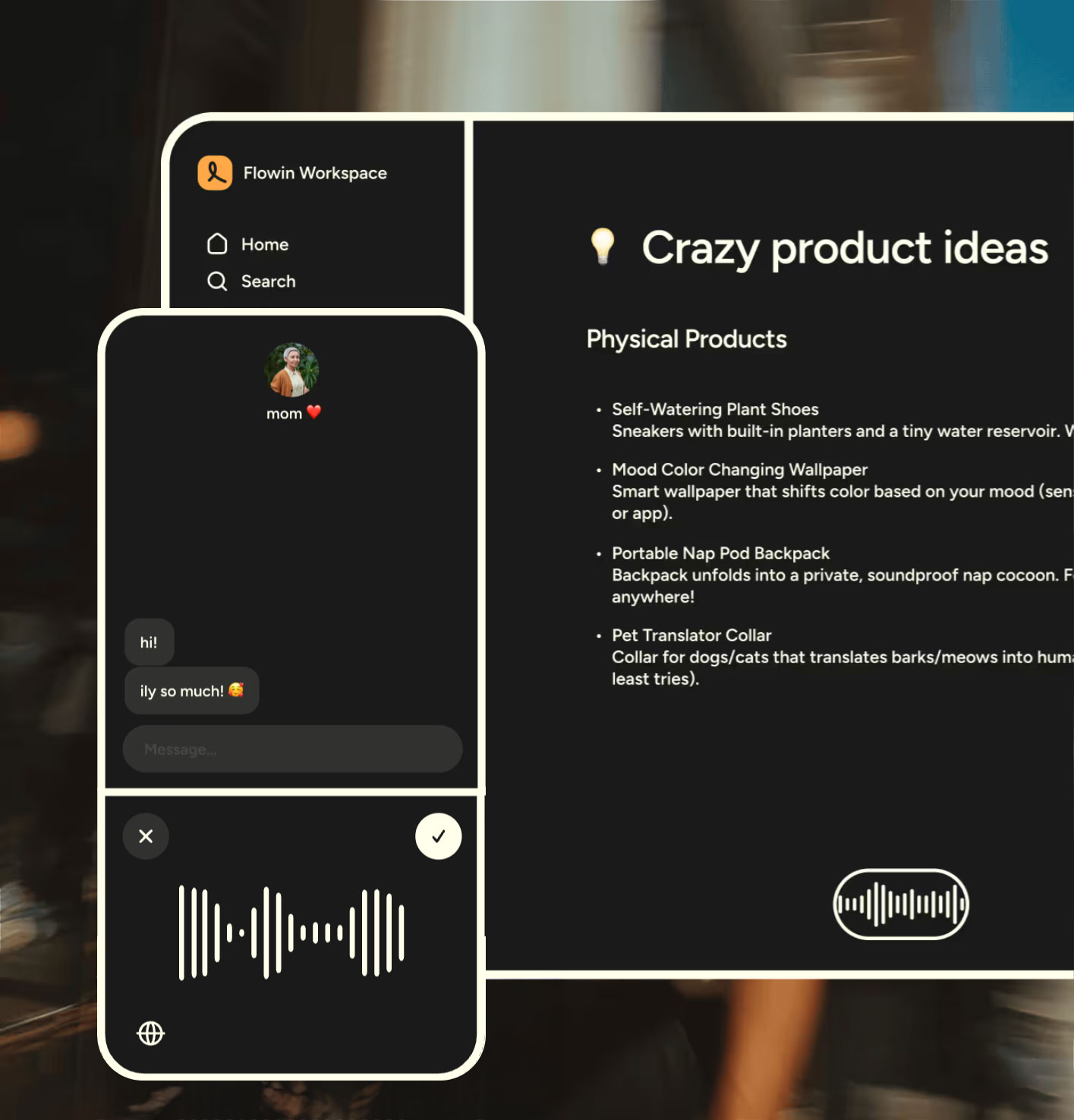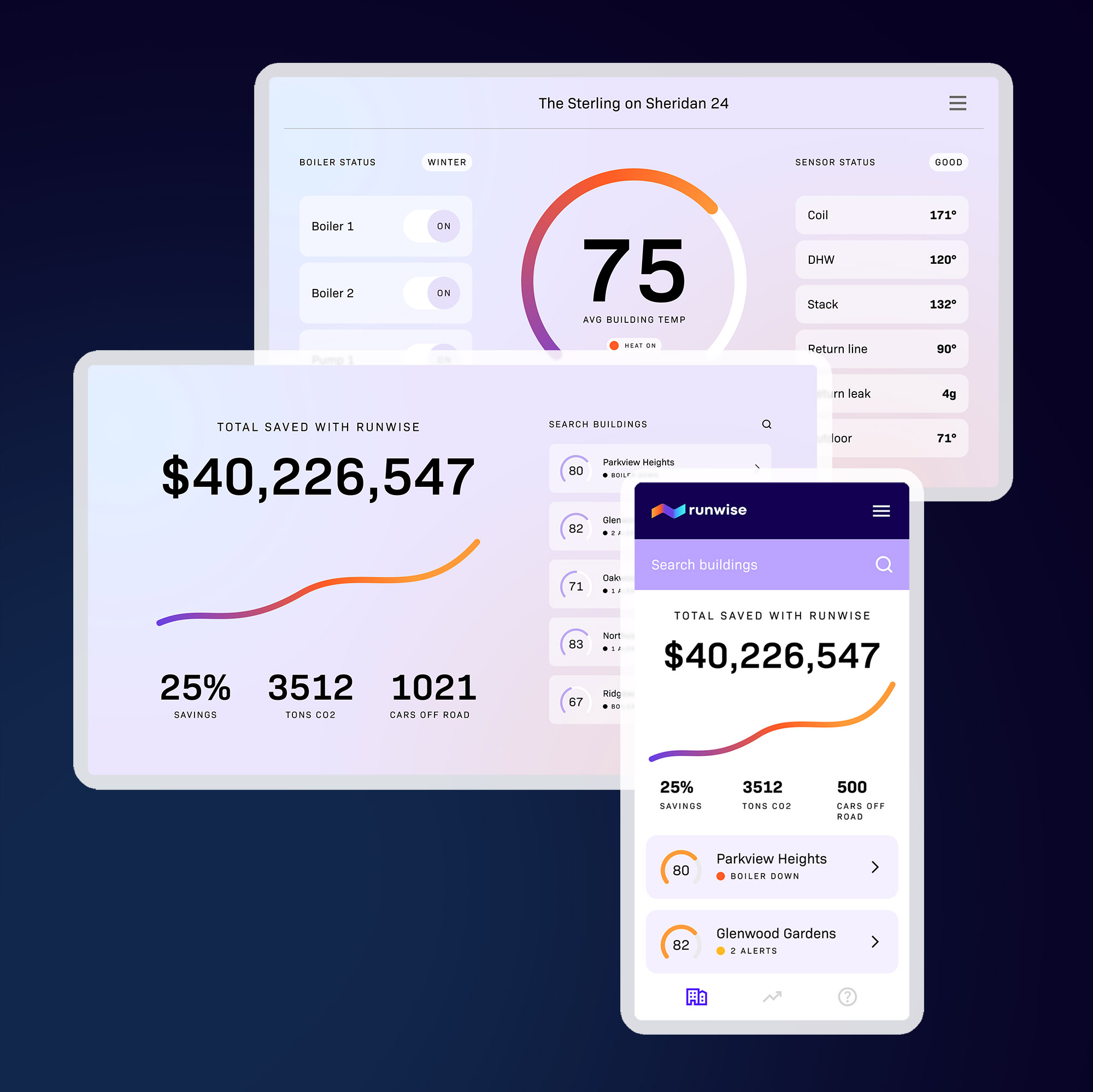The supply chain industry has experienced a rollercoaster ride in recent years. From the unprecedented highs of 2021, when startups seemed unstoppable amidst record freight prices, to the harsh realities of 2022 and 2023, when disruptions subsided and growth stalled, the landscape shifted significantly. The crash hit hard, taking down marquee venture-backed businesses like Convoy, which filed for bankruptcy in 2023, and long-standing incumbents like Yellow, which shuttered last year after 99 years in business.
Against this challenging backdrop, a new focus on collaboration emerged that will drive the next wave of growth. With supply chain companies increasingly recognizing the advantages of shared data and optimized workflows, a new era of collaboration is on the horizon. The next wave of startups to succeed will facilitate this cooperation through advanced technology that breaks down data silos across nodes, streamlines critical workflows, and captures efficiencies.
Generative AI will have a profound impact on the industry. The supply chain is incredibly complex, and data is siloed across the chain. For a single product to reach a customer, it may pass through several companies, people, trucks, and warehouses. Each of those has their own data silo—some have many. LLMs are particularly well-suited to the challenge of analyzing and automating the complex data siloed across supply chain stakeholders.
As active investors in supply chain technologies and AI innovators, we are excited by the compelling businesses driving smarter collaboration across manufacturing and distribution, shipping and logistics, and retail. In the market map below, we’ve highlighted several key players.

Manufacturing and Distribution
Manufacturing is booming. The U.S. Treasury reported that real building manufacturing spend doubled between 2021 and 2023 thanks to favorable policies. At the same time, supply chains are becoming more complex as companies build redundancy in near-shoring operations. Inspired by innovative companies like Tesla, manufacturers realize that agile workflows and real-time collaboration are needed to modernize the sector. Companies like CoLab enable engineering teams to engage in real-time design collaboration, expanding stakeholders to include engineers, supplier partners, and designers. Copia Automation brings the power of modern software development to control engineers, enabling smarter reviews and simultaneous codebase access. Squint*—one of the coolest pieces of modern technology in the space—allows manufacturers to leverage game-changing augmented reality and generative AI to provide real-time instruction for factory workers operating machinery and maintaining critical parts.
The electronics supply chain, in particular, found novel ways to use GenAI to collaborate and build PCBs more quickly, with Flux, Quilter, and Jitx all taking interesting approaches to the problem.
Manufacturers and distributors know that to compete with Amazon and continue growing the B2B supply chain, they must work together to better serve retail customers. Enable* allows manufacturers, distributors, and retailers to optimize their rebate agreements and finance flows to incentivize the right behaviors and optimize profit. Parspec utilizes AI to help distributors better match customer requests to the proper manufacturer products, while Leverage helps manufacturers work with suppliers to procure and track the right components.
The food industry, in particular, has emerged as a hotbed for new technology, with multiple technologies like Cut + Dry, Pepper, and Wholesail digitizing the B2B ordering flow between food suppliers and distributors.
Shipping and Logistics
Shipping and logistics firms experienced the most whiplash during and after the pandemic. As we emerge from an extended freight recession, technology lays the ground for better collaboration between shippers, brokers, and carriers. Parade* delivers the perfect use case to a highly manual freight brokerage industry by utilizing industry-leading AI to both automate broker bidding to shippers for loads and automatically respond to the deluge of carrier emails and calls that come into brokers. Goodship and ISO are taking interesting approaches to creating a shared source of truth around the performance of various players in freight.
Finally, improved collaboration isn’t limited to ground shipping, with Portchain helping ports and ocean freight carriers communicate around open slots.
Retail
Retail was also challenged these past few years, perhaps starting with Apple’s 2021 privacy update which required consumers to opt into cross-app tracking. Apple’s shift in policy disrupted traditional marketing strategies that heavily relied on tracking user behavior across various apps and platforms. Supply chain companies had to adapt their approaches to customer engagement and partnerships. Several solutions emerged: Nautical Commerce, Convictional, and Canal help supply chain stakeholders collaborate better with retailers and e-commerce brands and leverage shared customer data to optimize marketing and drive sales. Disco enables e-commerce brands to create proprietary networks where they can drive growth by referring customers to one another.
Today, retailers continue to struggle with excess pandemic-era inventory, and Ghost provides a private B2B platform for buyers and sellers to liquidate unsold goods.
A new era of collaboration is unfolding, and, as investors in supply chain technologies and champions of AI-driven solutions, Menlo Ventures is committed to supporting the next wave of supply chain innovators who are leading us toward a better future. With apologies to Fleetwood Mac, we are no longer running in the shadows, but the (supply) chain will keep us together.
*Backed by Menlo Ventures
Steve is a partner at Menlo focused on investments in Menlo’s Inflection Fund, which targets fast-growing Series B/C companies. He specializes in AI-powered vertical SaaS investments and supply chain technology, including Enable, Eleos, Observe.AI, Scout, 6 River Systems, ShipBob, CloudTrucks, and Parade. Steve joined the firm in 2015 as an…
As a principal at Menlo Ventures, Feyza focuses on soon-to-breakout consumer, fintech, and enterprise SaaS companies. Prior to Menlo, Feyza worked as an engineer at various companies in different growth stages, including Nucleus Scientific (now Indigotech), Fitbit, and Analog Devices. Her exposure to a wide range of tasks and opportunities…







